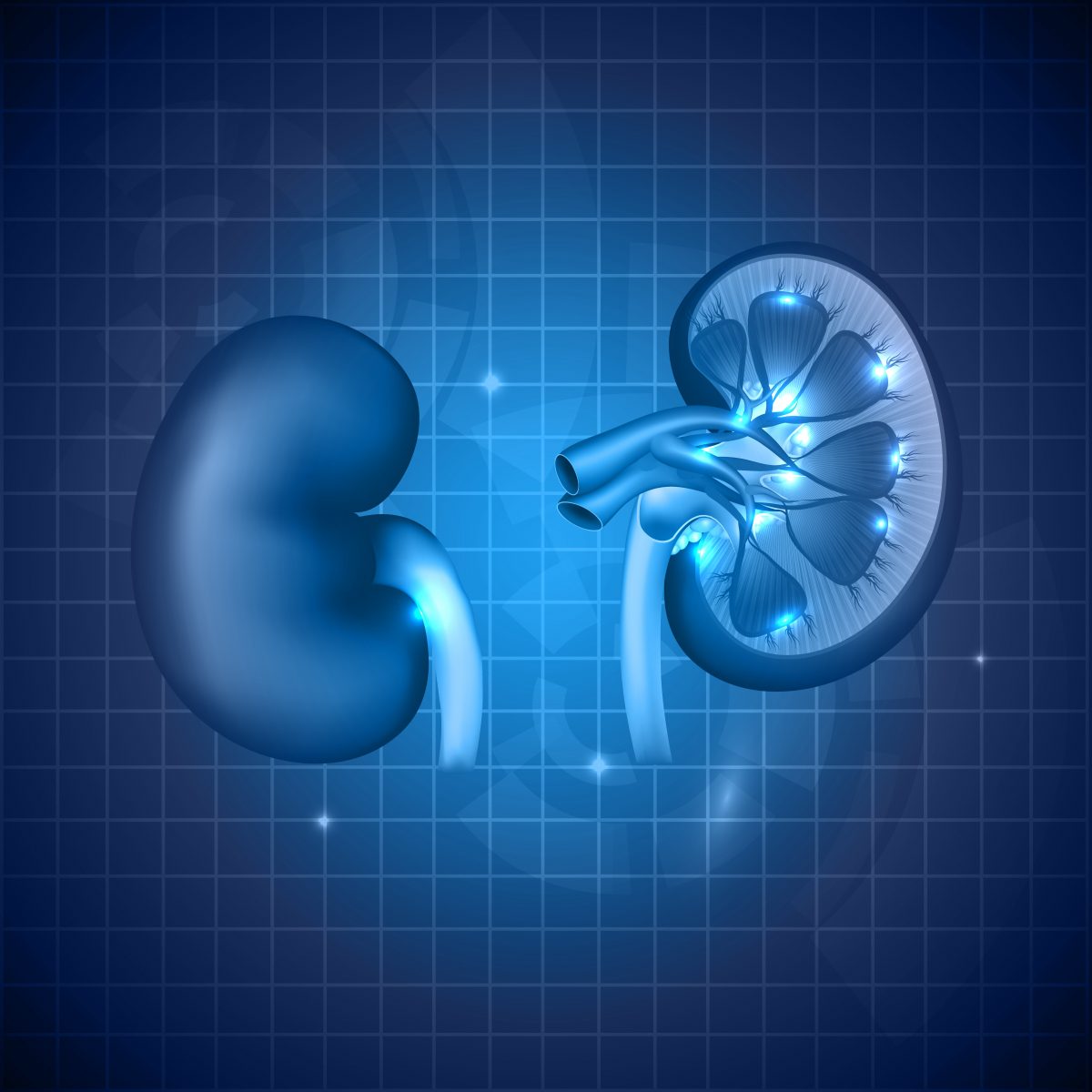A recently published perspective paper in The New England Journal of Medicine argues for a new strategy to improve the current kidney transplant process and decrease organ shortage by suggesting that “new antiviral therapies with cure rates exceeding 95 percent should prompt transplant-community leaders to view HCV (hepatitis C virus)-positive organs as a valuable opportunity for transplant candidates with or without pre-existing HCV infection.”
Current Kidney Matching and Allocation Process
The primary federal agency responsible for management and oversight of organ transplantation in the U.S. is the Division of Transplantation (DoT). DoT is part of the Department of Health and Human Services, Health Resources and Services Administration’s Healthcare Systems Bureau, and it includes the Organ Procurement and Transplantation Network (OPTN), a program with the purpose of allocating and distributing donor organs to individuals waiting for an organ transplant. OPTN develops and implements the policies and guidelines that are used throughout the country to match donors to recipients; these include stipulations on degree of matching required and the number of hours the organ can be outside the body and still be viable. There are specific policies and guidelines for each organ of the body.
For a kidney transplant to occur matching is based on the following criteria:
- blood type
- length of time on the waiting list
- whether the recipient is a child
- whether the body sizes of the donor and recipient are a good match.
- a negative lymphocytotoxic crossmatch
- the number of HLA antigens in common between the donor and the recipient based on tissue
- a negative Hep-C test
The Paper
The perspective paper, entitled, “Transplanting Hepatitis C–Positive Kidneys,” was led and co-authored by Dr. Peter P. Reese, MD, MSCE, an assistant professor in the Renal, Electrolyte and Hypertension Division, and Dr. David Goldberg, MD, MSCE, an assistant professor in the Gastroenterology Division at the Perelman School of Medicine at the University of Pennsylvania. In the study, the authors give an overview of the current wait times (upwards of 5 years) the average patient has to endure while undergoing dialysis until a suitable organ match is found. They also state that even though intentionally infecting patients with hepatitis C through transplantation will require significant oversight and consideration, “the resulting expansion of the donor pool could save hundreds of lives each year.”
The authors also offer recommendations in the form of steps that can be taken, such as a rigorous informed consent process that outlines the risks and uncertainties, close involvement of institutional review boards, and multicenter trials to collect data, to make the possible expansion of the donor pool both efficient and effective. In regards to the added costs that will be associated with transplanting hepatitis C-infected kidneys into uninfected recipients, the authors suggest that these additional costs will be offset by savings from reduced dialysis time for recipients who would otherwise wait longer for a kidney.

